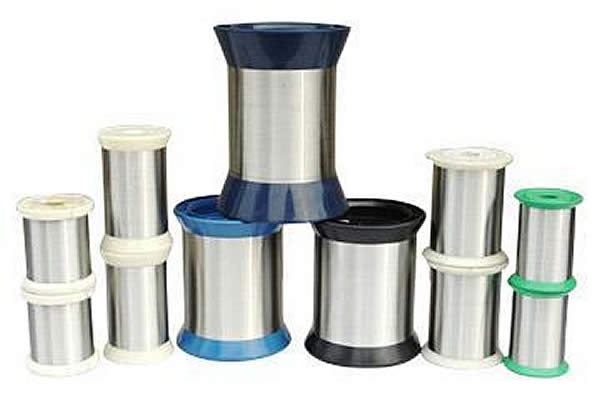 TEL:
+86-13102802206
TEL:
+86-13102802206
 Email:
fencenetting@china.com
Email:
fencenetting@china.com
 Language
Language
 TEL:
+86-13102802206
TEL:
+86-13102802206
 Email:
fencenetting@china.com
Email:
fencenetting@china.com
 Language
Language


Horse Barbed Wire Fencing A Comprehensive Guide
When it comes to keeping horses safe and secure, the choice of fencing is paramount. Among the various types of fencing, barbed wire has been a controversial option, offering both advantages and disadvantages. Understanding the intricacies of horse barbed wire fencing can help horse owners make informed choices about their properties.
Understanding Barbed Wire Fencing
Barbed wire fencing consists of twisted strands of wire with sharp barbs at regular intervals. Originally designed for agricultural use to contain livestock such as cattle, barbed wire has come to be associated with various applications, including horses. However, the use of barbed wire for horse fencing raises essential considerations, as it can pose risks to these sensitive animals.
Advantages of Barbed Wire Fencing
Despite its risks, barbed wire fencing does have some benefits.
1. Cost-Effectiveness Compared to other fencing options, barbed wire is generally less expensive to install and maintain. This can be particularly appealing for horse owners on a budget.
2. Durability Barbed wire is typically made from galvanized steel, making it resistant to rust and decay. It can withstand harsh weather conditions and thus goes a long way in ensuring longevity.
Disadvantages of Barbed Wire Fencing
While there are advantages, the disadvantages often outweigh them when it comes to horses.

1. Injury Risks Horses are prone to injuries from barbed wire due to their size and behavior. If they become frightened or anxious, they may attempt to flee, which can result in lacerations and wounds from the sharp barbs.
2. Behavioral Considerations Horses are naturally curious and may investigate their surroundings. The presence of barbed wire can lead to accidents if they get entangled or if they kick or bolt against the fence.
3. Limited Visibility Barbed wire fences can be challenging for horses to see, increasing the risk of collisions. This lack of clarity can lead to panic and subsequent injuries.
Alternatives to Barbed Wire Fencing
Given the inherent risks associated with barbed wire fencing for horses, many owners are seeking safer alternatives.
1. Wood Fencing Wooden boards or rails offer a traditional and safe fencing option. Although it requires more maintenance and care, the solid structure provides excellent visibility and minimizes injury risks.
2. Electric Fencing This type of fencing uses a jolting shock to deter horses from challenging the boundaries. It can be an effective alternative when used as a supplementary fencing measure with traditional fence types.
3. High-Tensile Wire Fencing This option offers a stronger and more flexible solution, often without the sharp barbs. It combines durability with safety and is less likely to cause injuries to horses.
4. Vinyl Fencing Increasingly popular for horse properties, vinyl fencing is durable, weather-resistant, and safe, with minimal risk of injury.
Conclusion
While barbed wire fencing may serve some agricultural purposes, the welfare of horses should always be a priority for owners. Understanding the risks involved with barbed wire fencing allows horse owners to make educated decisions about the best fencing options for their properties. Exploring safer alternatives like wooden, electric, high-tensile, or vinyl fencing can help ensure a secure environment for horses, promoting their overall well-being and safety. Maintaining a balance between containment and safety is key to a happy horse and a tranquil equestrian space. Whether you choose barbed wire or another fencing solution, always consider the needs and behaviors of your horses to create a responsible and safe environment.